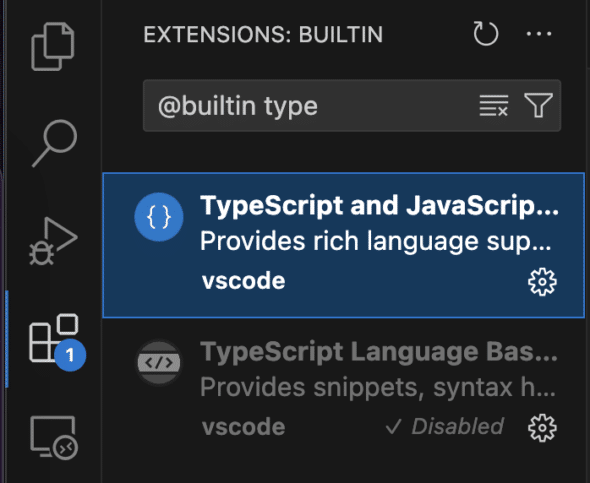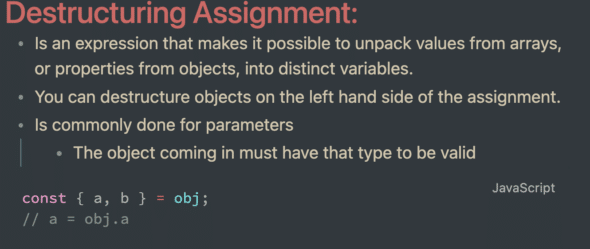Becoming proficient in programming is a journey that requires patience, consistency, and deliberate effort. After seven months in my first full-time programming role, I’ve discovered that growth is more about adopting a good habit, such as curiosity, intentionality, and humility, rather than innate talent. Here are three strategies that have aided my advancement as a programmer.
Habit 1: Limit reliance on AI.
First, I limit my reliance on AI and coding tools. While tools like GitHub Copilot and ChatGPT can be powerful, overusing them can mask gaps in your understanding. By intentionally turning off these aids for 30 minutes to an hour each day, I’ve forced myself to tackle challenges independently and deepen my foundational knowledge. Once I’ve tested my own abilities, I reintroduce AI tools more strategically, crafting better prompts and using them to augment — rather than replace — my own reasoning. This approach has sharpened my comprehension and ultimately increased my productivity.

How to turn off the language tools in VSCode.
Habit 2: Engage with documentation.
Second, I spend more time engaging with official documentation for each technology in my stack. Initially, I saw documentation as a resource only useful for fixing specific issues. However, I’ve learned that taking time to read the “Getting Started” sections thoroughly pays off in the long run, building a stronger technical base and enabling me to solve problems faster later. As I read, I take notes on key concepts and examples. Writing notes helps me retain information, and revisiting my personalized summaries is quicker than combing through the original documentation again. This habit has made me more confident when customizing frameworks or troubleshooting unexpected behavior.
Habit 3: Note gaps in knowledge.
Lastly, I make a conscious effort to identify code or syntax I don’t fully comprehend. Whenever I encounter syntax that I do not understand, I document it for future review. My goal is to recognize it swiftly the next time it appears. This practice not only enhances my familiarity with programming constructs but also makes me more efficient when referencing my notes. Once I feel comfortable with the new syntax or a specific concept, I confirm my understanding by discussing it with a senior developer. Explaining what I’ve learned underscores my progress while revealing areas that still require attention.

An example note I take to learn JavaScript syntax.
Building Habits
Each of these strategies—minimizing over-reliance on tools, diving into documentation, and proactively filling knowledge gaps — has helped me develop a more robust foundation. Progress might sometimes feel slow and frustrating, but consistent, thoughtful effort pays off in subtle yet significant ways. Over time, these habits build a kind of “muscle memory” that allows you to solve problems more quickly and contribute more effectively to your team.
In the end, growing from a junior engineer into a valuable contributor is all about embracing the learning process. By staying curious, working intentionally, and seeking guidance when needed, you set yourself on the path to long-term success in software development. Each incremental improvement adds up, empowering you to tackle increasingly complex challenges and make a meaningful impact in your projects.

